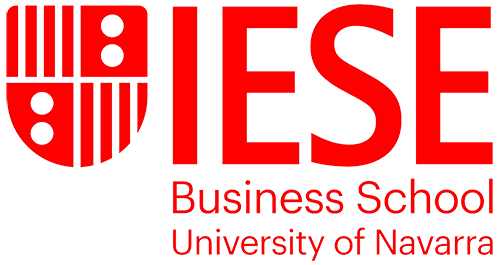The student council (made up of student representatives from all partner Universities) plays a crucial role in leading the way to come up with the initial idea/direction for the theme. This is then discussed and vetted within the relevant working groups of the alliance. The working group that organizes the Collider then shortlist themes based on societal concerns that need attention but are also suitable to break-down and adapt as challenges that can be used for students to work in teams and find solutions to.
The next step in the process is refining the theme and this is done by announcing a call for ideas addressed to all students, teachers, researchers, business and societal partners at all partner universities. Different perspectives and insights are gathered to formulate the theme and define different categories under the main theme.
Various concrete challenges are then formulated, all linked to the overall theme and categories and in consultation with the local eco system. There are variations in approach within universities because the Collider is localized to fit local requirements, but still remains within the central theme.
The challenge-based project weeks based on the theme and categories, integrate research and innovation, foster co-creation and present a holistic approach for human-centered engineering.
In general, the program of each Collider compromises specific courses (i.e. Innovation & Entrepreneurship tools & frameworks), project work, an exchange with relevant industry partners as well as mentoring and coaching.
For the duration of each Collider, participants can call on advice and mentorship within the EuroTeQ network for their projects and attend courses and conferences. A jury will subsequently select the winning teams according to predefined criteria.








